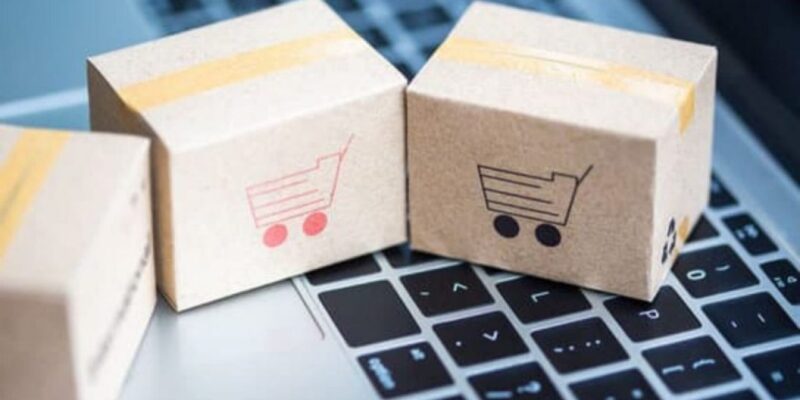The Kenya Revenue Authority (KRA) will start collecting real-time data on traders’ daily sales. This is a part of the recently published regulations from the National Treasury allowing KRA to monitor transactions conducted on digital platforms.
The new regulations will require businesses to install new electronic tax registers connected to the KRA’s systems.
Enterprises with an annual turnover of at least KES 5 million will also be required to have these electronic tax registers according to the new law. Under this system, KRA will be receiving data on sales and invoices from all registered businesses on a daily basis. This is all in a fresh push to boost revenue collections and curb tax evasion.
“A register shall be capable of integrating with the authority’s systems. It shall be capable of transmitting to the authority’s system the tax invoice data and the end of day summary of the respective day’s data in the manner specified by the Commissioner,” says Treasury Cabinet Secretary Ukur Yatani in the gazetted notice.
This new tech is set to help the taxman deepen scrutiny of traders’ transactions. After years of missing tax targets, KRA hopes to seal revenue leaks especially now as the economy still suffers from COVID-19 disruptions.
Other than private businesses, the government plans to integrate this new system its own agencies and parastatals as well. This includes Kenya Power, the National Construction Authority and the National Transport and Safety Authority among others.
Car purchases, construction contracts and register of landlords seeking electricity bill meters for their premises will also be viewed instantly by the taxman. This is meant to get rid of the hurdle of making requests to third parties for the information.






Comments